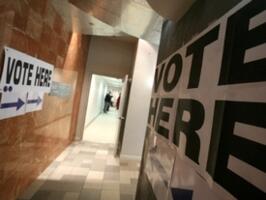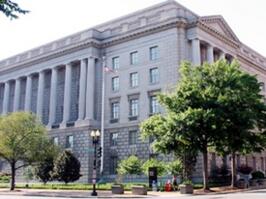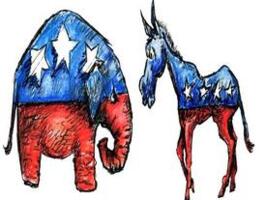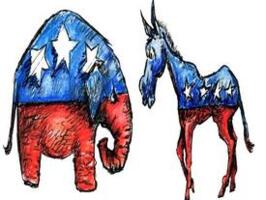59% Believe Voter ID Laws Do Not Discriminate
The U.S. Justice Department announced Monday that it is challenging North Carolina's new voter ID law on the grounds that it is racially discriminatory. But voters nationwide continue to strongly support laws that require proof of identity before voting and don't believe they discriminate.
The latest Rasmussen Reports national telephone survey shows that 70% of Likely U.S. Voters believe all voters should be required to prove their identity before being allowed to vote. Only 25% oppose such a requirement. (To see survey question wording, click here.)
Special offer: A Rasmussen Reader subscription that lasts through December 31, 2014 is now just $24.95. Sign up today!
(Want a free daily e-mail update? If it's in the news, it's in our polls). Rasmussen Reports updates are also available on Twitter or Facebook.
The national survey of 1,000 Likely Voters was conducted on September 30-October 1, 2013 by Rasmussen Reports. The margin of sampling error is +/- 3 percentage points with a 95% level of confidence. Field work for all Rasmussen Reports surveys is conducted by Pulse Opinion Research, LLC. See methodology.



















